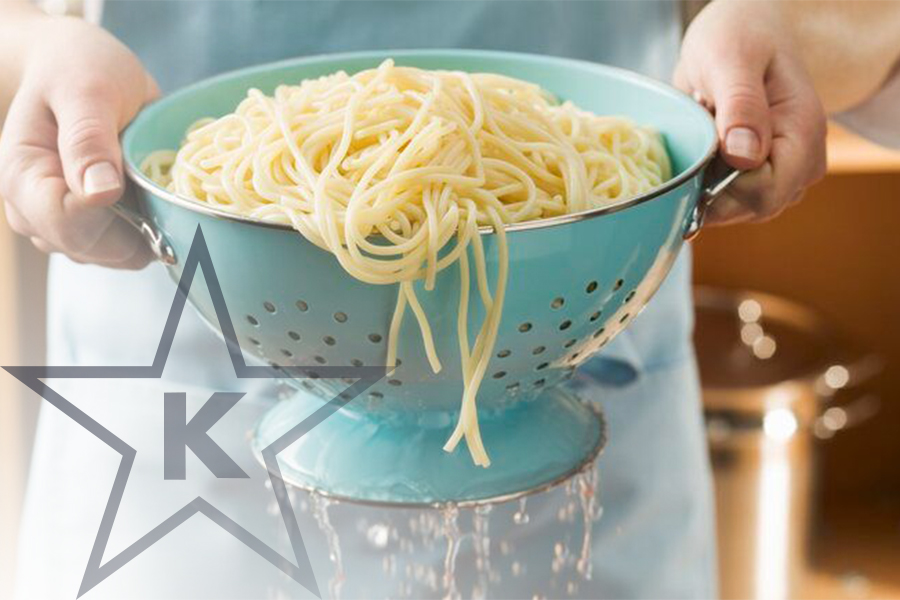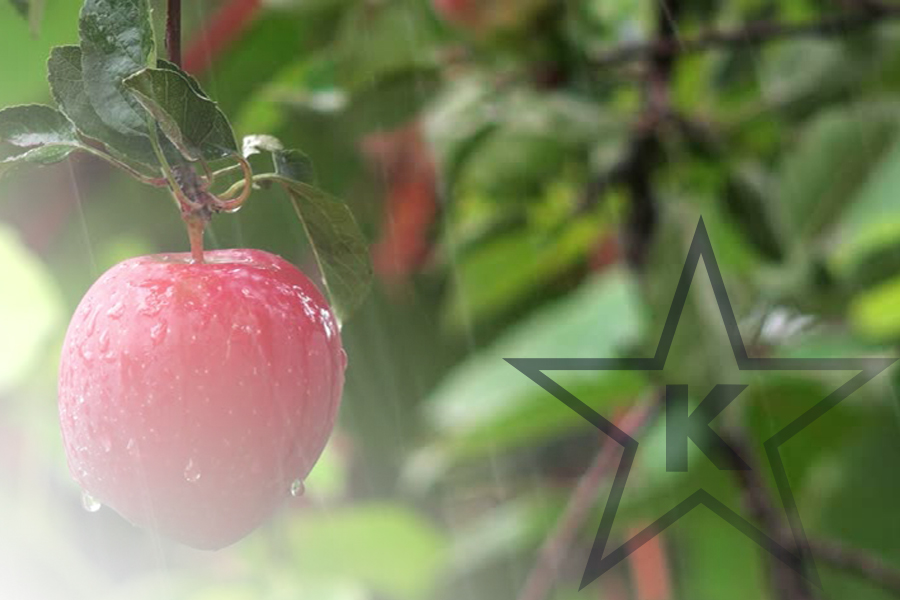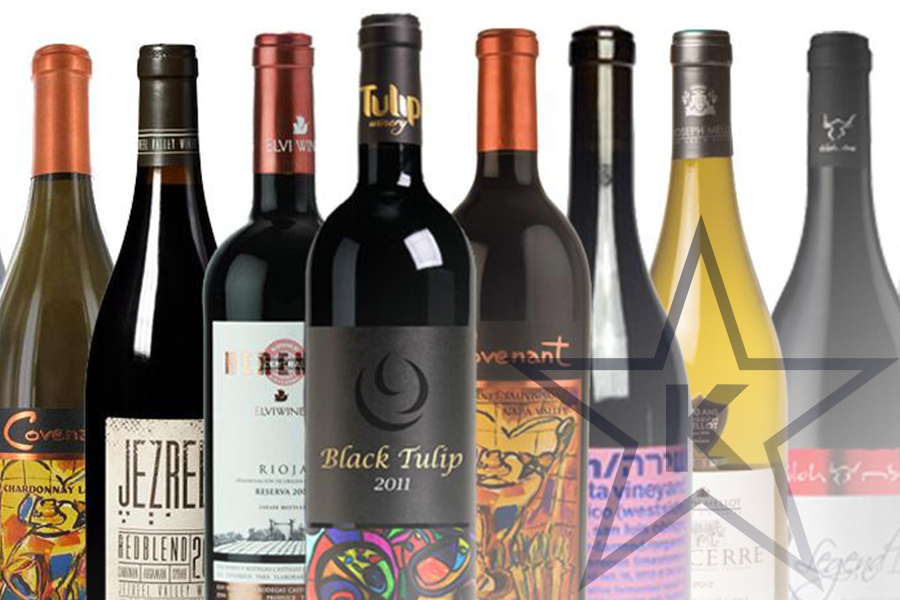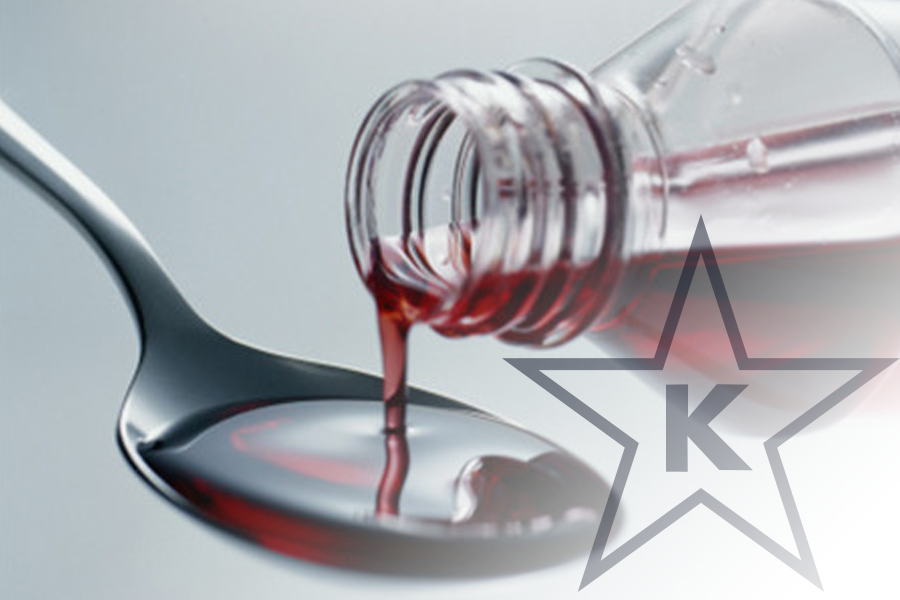As a proud native New Havener, I was overjoyed when I found out that Yale University’s kosher kitchen would be certified by STAR-K Kosher Certification; I couldn’t wait to try it out, as I recently did, on my annual Elul trip to my hometown.
Yale University’s kosher kitchen has come a long way since it first opened to serve weeknight dinners to its graduate students in the fall of 1959. It was housed in the Young Israel synagogue, a 25-minute walk from the university’s downtown New Haven, Connecticut, campus. Most recently, reinventing itself as a STAR-K Kosher-certified facility in the Lindenbaum Kosher Kitchen located at the Joseph Slifka Center for Jewish Life, it functions seamlessly in the middle of the campus as part of the Yale University Dining System.
Since 1999, STAR-K Kashrus Administrator Rabbi Mayer Kurcfeld has been engineering and overseeing the agency’s many certified on-campus facilities, custom-designing those which were […]























 STAR-D
STAR-D STAR-S
STAR-S